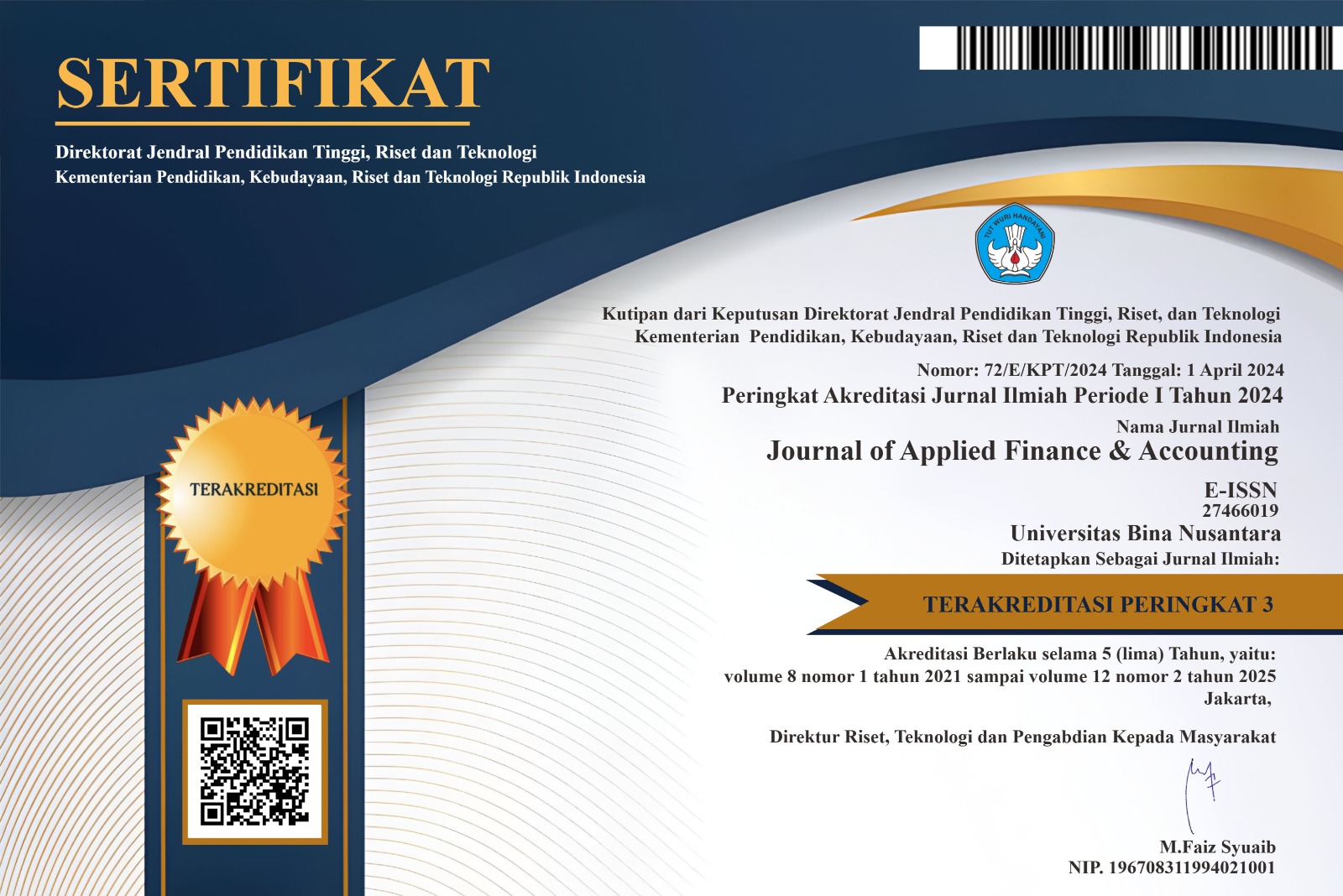The Impact of Switching Costs on Customer Loyalty: A Study among Customers of Mobile Telephony
DOI:
https://doi.org/10.21512/jafa.v1i1.115Keywords:
Switching costs, customer loyalty, mobile telephony, consumer behavior.Abstract
The conditions for doing business are changing rapidly. In last few years the mobile telecom market has witnessed a substantial growth and rapid changes globally as well as domestically. Customer loyalty is a critical issue in the success of any business system, for this reason, the main condition for protecting the subscriber base is to win customer loyalty, a key necessity for the maintenance of a brand’s life in the long term. To achieve this aim, customer loyalty must be measured and “switching costs†identified. The latter render subscribers’ preference for rival operator more expensive. In this connection, this study aim is to measure the impact of switching costs on customer loyalty, and the direct and indirect of “switching costs†on customer loyalty. For doing so, a survey has been performed on customers of the prepaid and postpaid mobile service operator in Indonesia, questionnaire were distributed among them and the results analyzed base upon the proposed research questions and hypotheses, and finally the conclusions and implications were made.
Downloads
Published
Issue
Section
License
Authors who publish with this journal agree to the following terms:
Authors retain copyright and grant the journal right of first publication with the work simultaneously licensed under a Creative Commons Attribution License that allows others to share the work with an acknowledgement of the work's authorship and initial publication in this journal.
Authors are able to enter into separate, additional contractual arrangements for the non-exclusive distribution of the journal's published version of the work (e.g., post it to an institutional repository or publish it in a book), with an acknowledgement of its initial publication in this journal.
Authors are permitted and encouraged to post their work online (e.g., in institutional repositories or on their website) prior to and during the submission process, as it can lead to productive exchanges, as well as earlier and greater citation of published work (See The Effect of Open Access).




